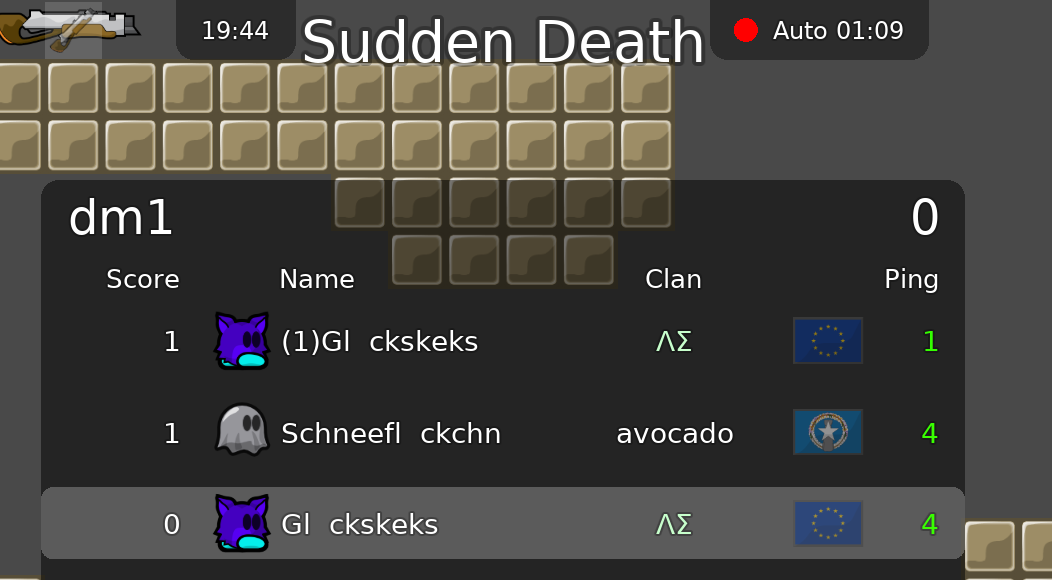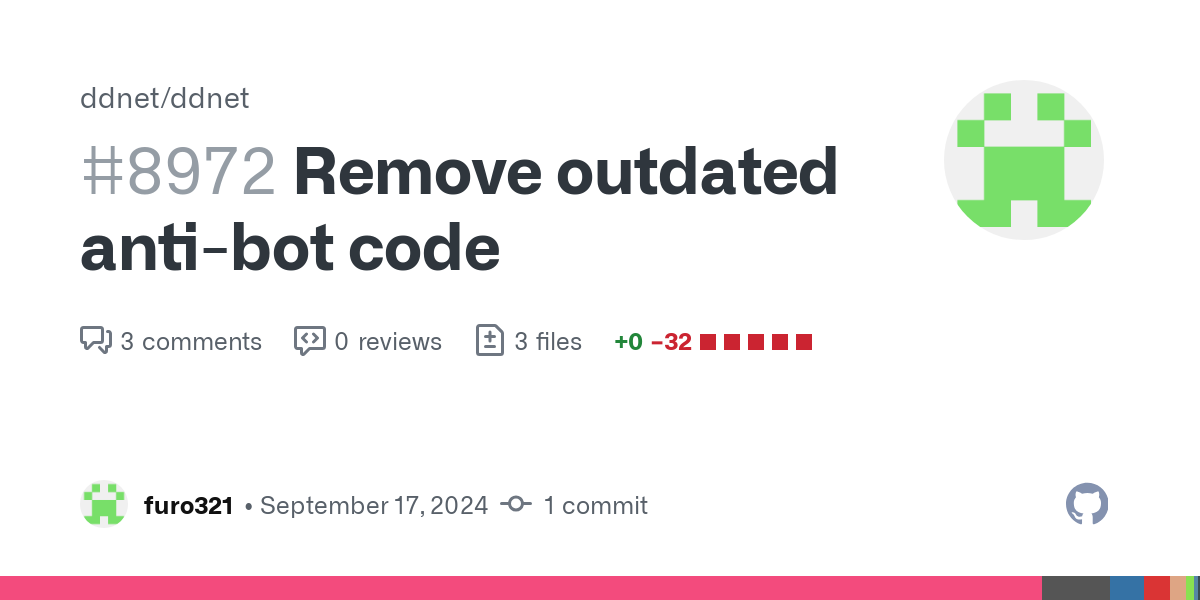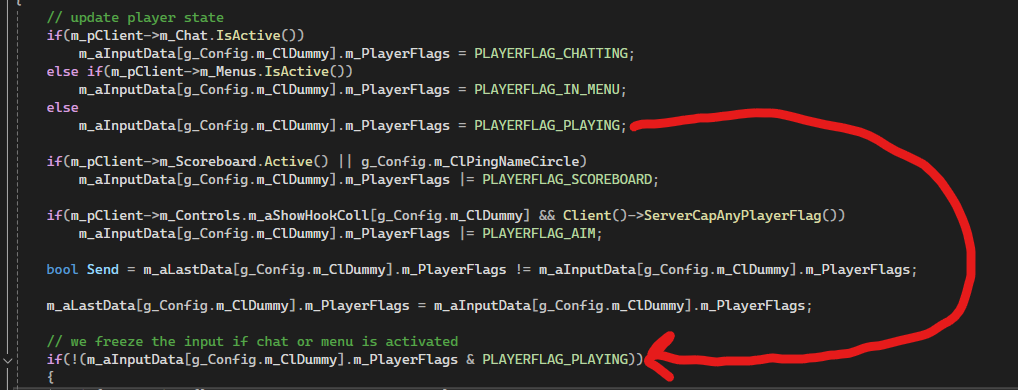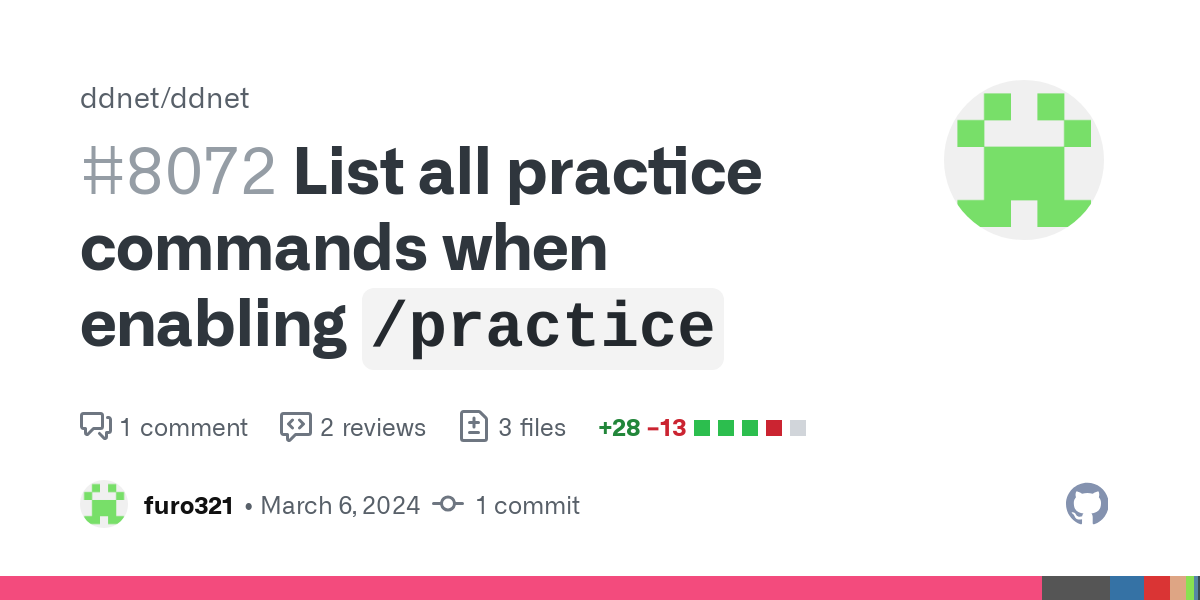
Solly
#!/bin/env python3
from random import random
from time import sleep
MSGCOUNTDOWN = "%ss untill randomize"
MSGRANDOMIZE = "tunes randomized"
DELTA = 5 # seconds between each random
FIFOPATH = "./fifo.fifo"
TUNES = {
("ground_control_speed", 4.00, 14.00), # Maximum running speed on the ground. (Higher values make the character move faster).
("ground_control_accel", 0.50, 4.00), # Acceleration on the ground. (Higher values make the character speed up faster).
("ground_friction", 0.30, 1.00), # Ground friction. (Higher values make the character stop faster).
("ground_jump_impulse", 8.00, 18.00), # Jump force from the ground. (Higher values make the character jump higher).
("air_jump_impulse", 6.00, 16.00), # Jump force in the air. (Applies to double jumps; higher values allow higher jumps).
("air_control_speed", 2.00, 9.00), # Maximum speed when moving in the air. (Higher values allow faster air movement).
("air_control_accel", 0.50, 3.00), # Acceleration in the air. (Higher values allow quicker changes in air movement).
("air_friction", 0.70, 1.10), # Air friction. (Higher values reduce the character's air speed more quickly).
("gravity", 0.30, 0.80), # Gravity strength. (Lower values make the character float longer; higher values make them fall faster).
}
def write(s):
with open(FIFOPATH, "w") as fifo:
fifo.write(s)
print(s)
sleep(1)
while True:
out = "broadcast %s\n" % MSGRANDOMIZE
for name, min, max in TUNES:
value = min + random() * (max - min)
value = round(value, 2)
out += "tune %s %s\n" % (name, value)
write(out)
if DELTA > 3:
sleep(DELTA - 3)
for i in range(3):
write("broadcast " + MSGCOUNTDOWN % (3 - i))
sleep(1)
else:
sleep(DELTA)
@Evelyn


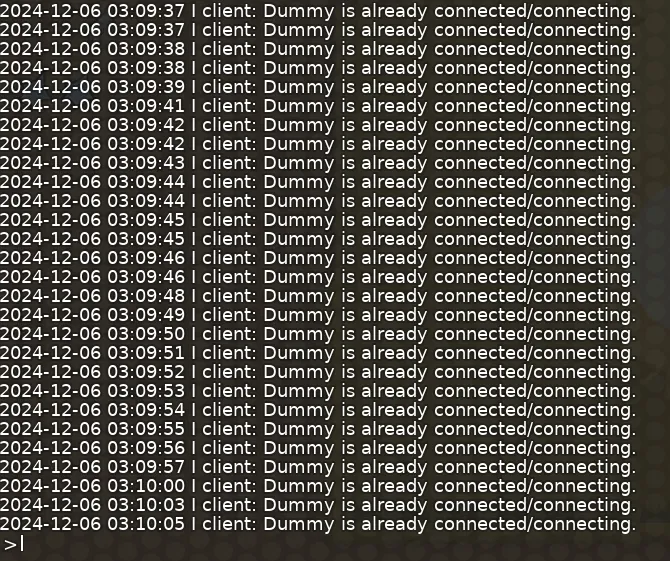




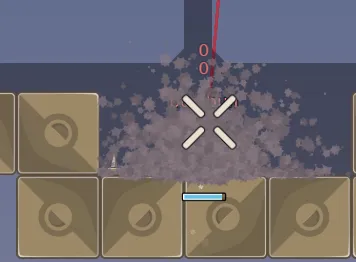

















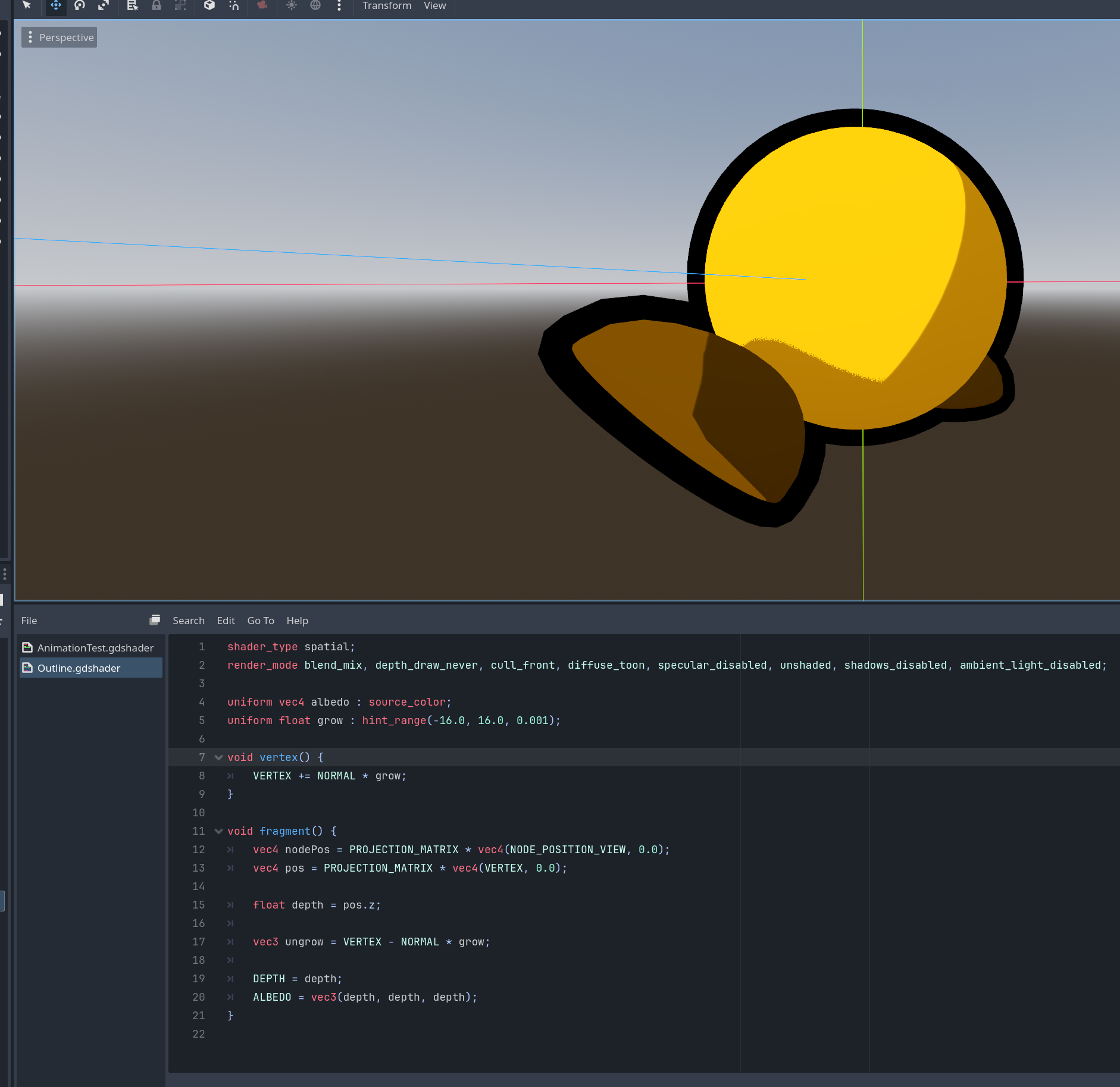



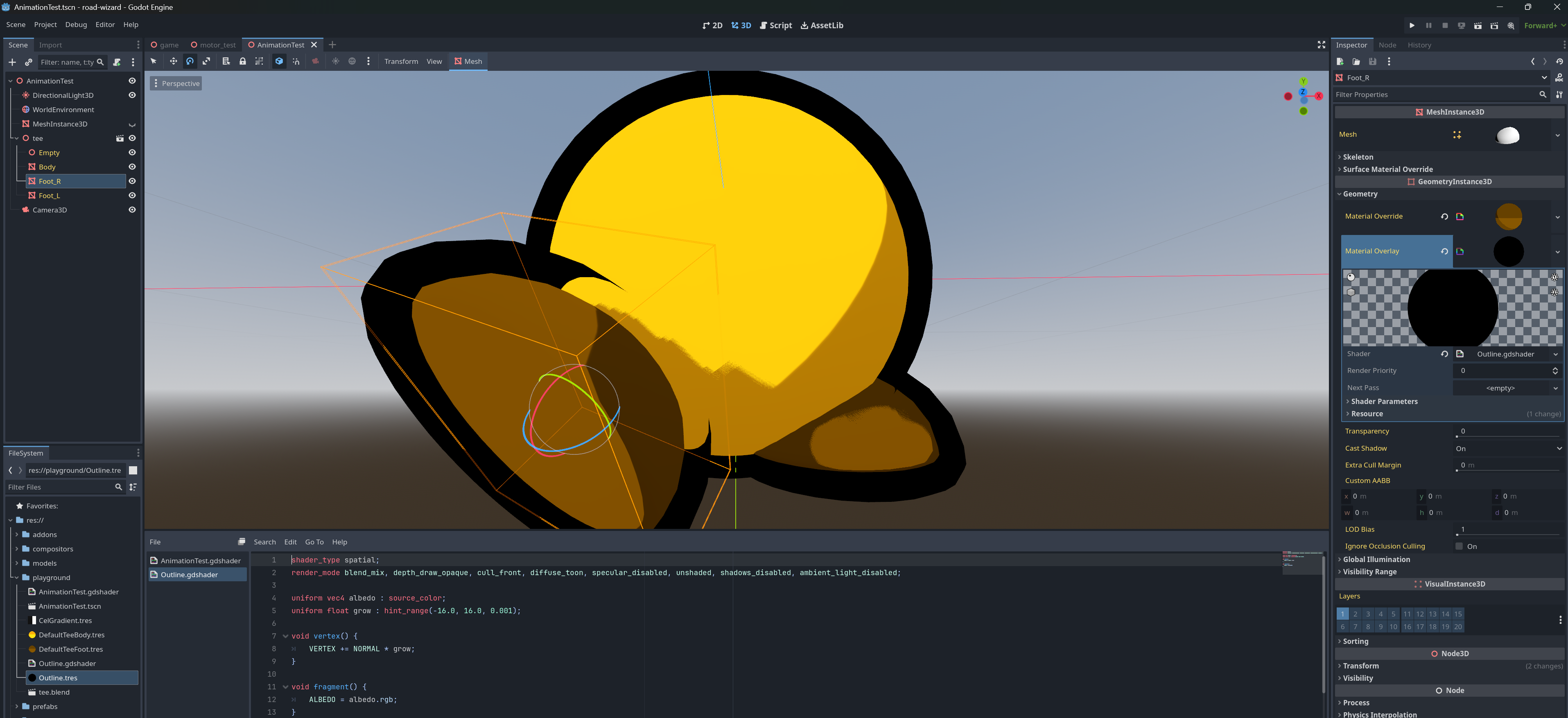


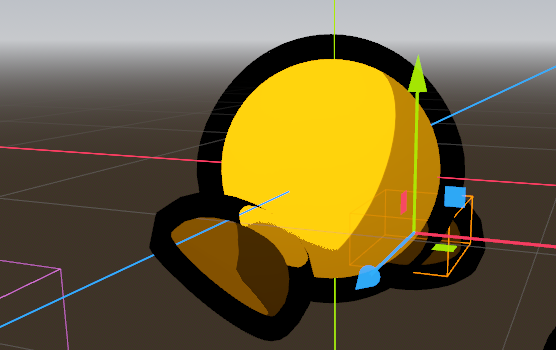

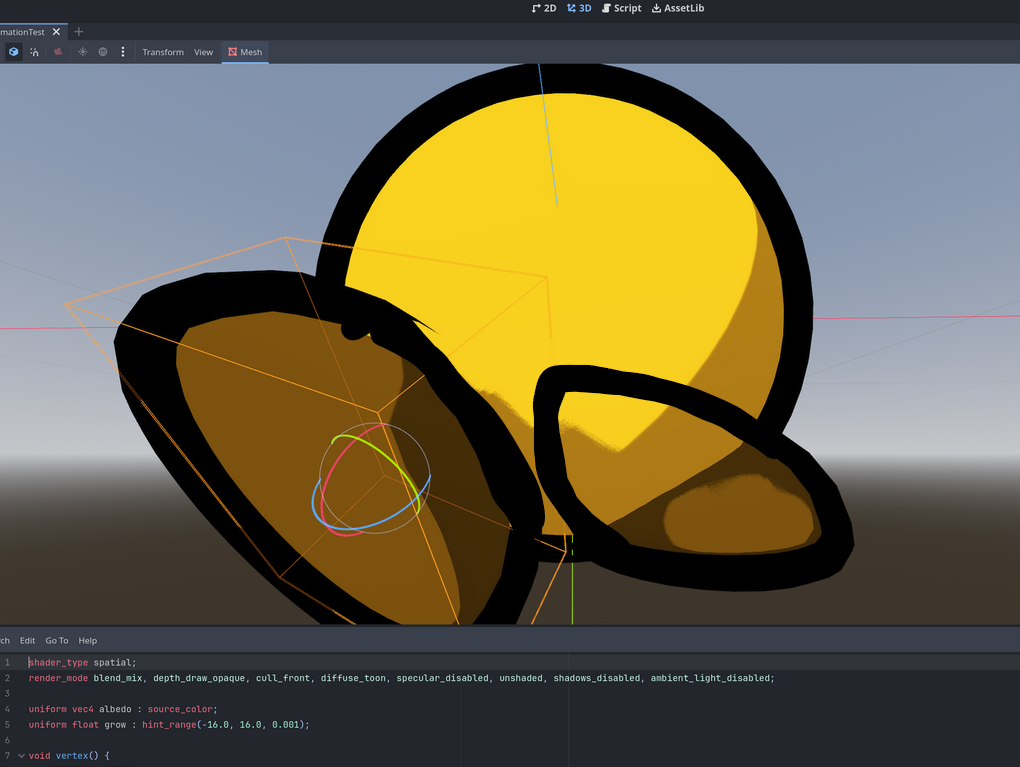
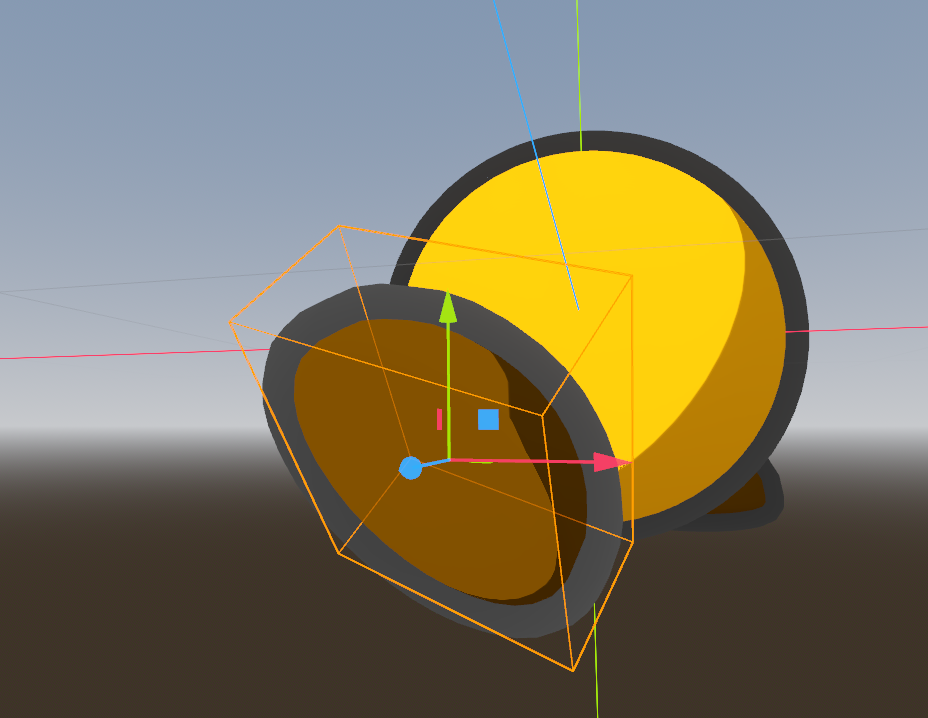









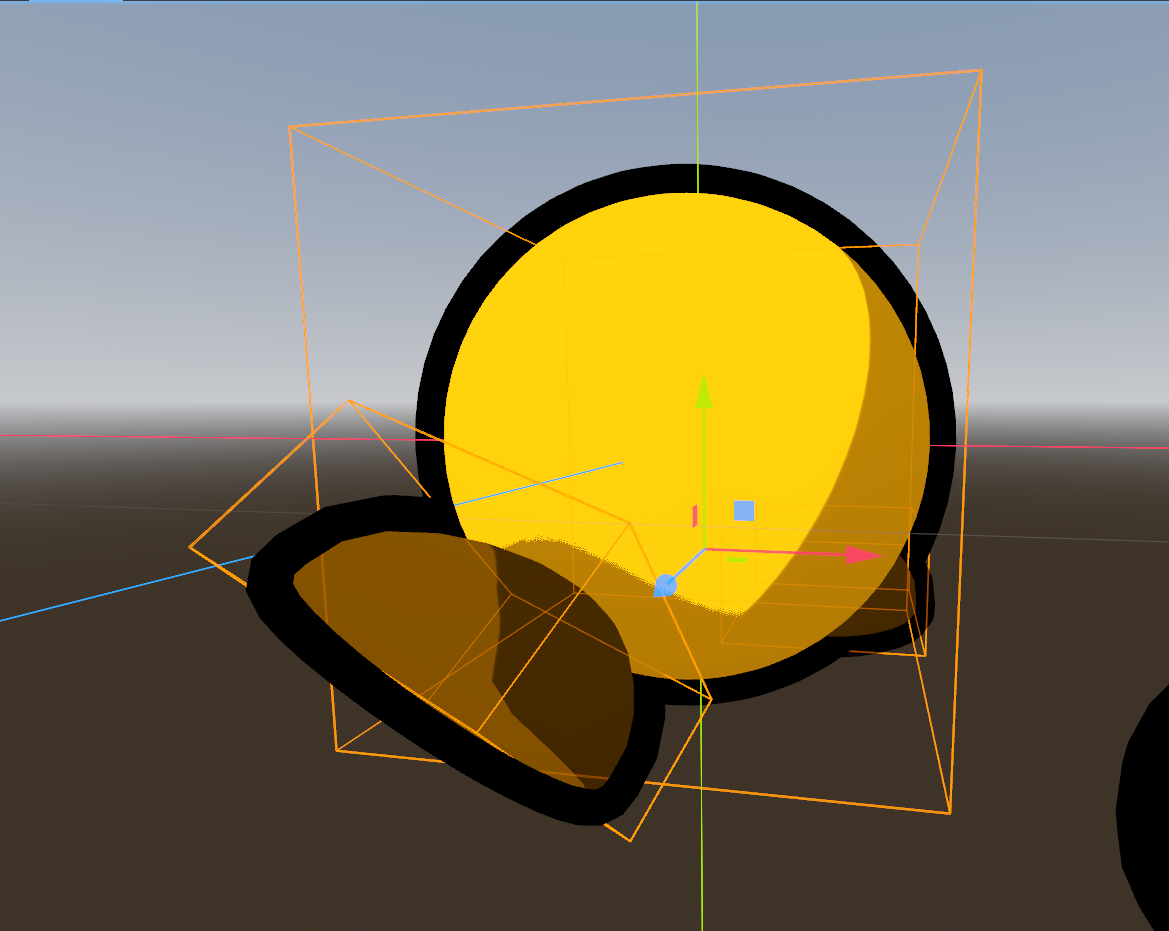


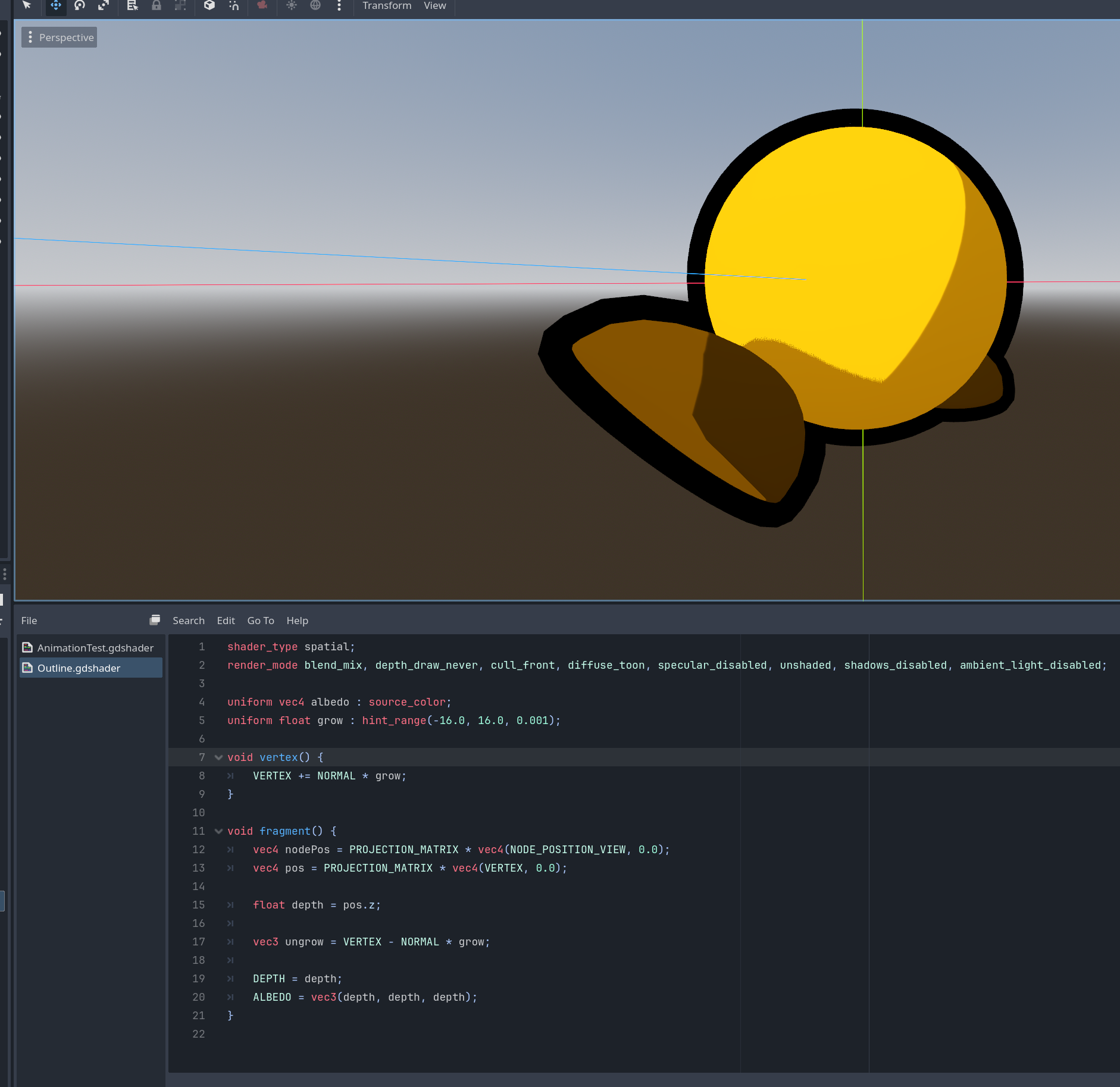

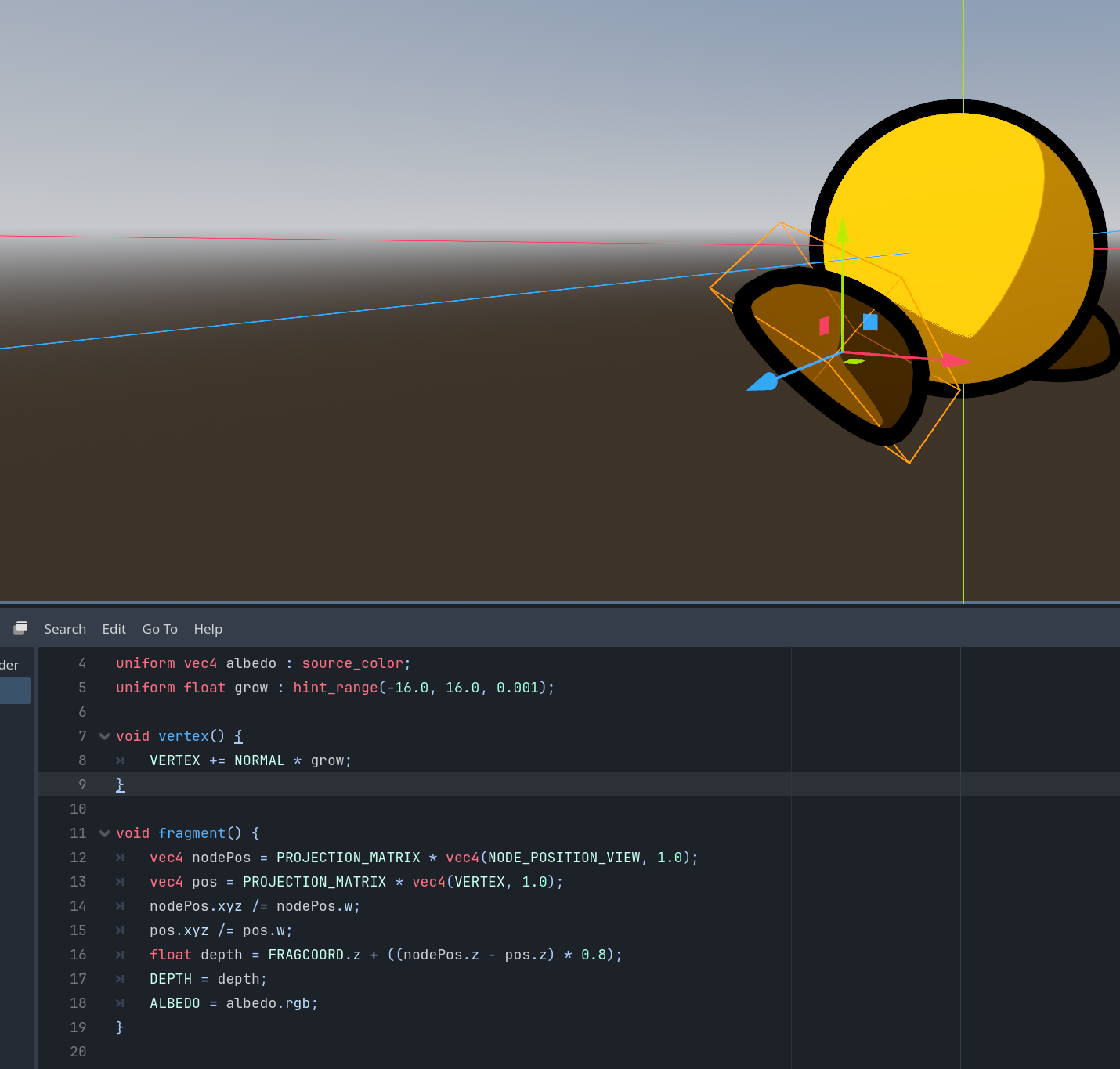










 ecs can be hella fast tho
ecs can be hella fast tho unity ecs and some lua based framework does do call chains to setup the world.
unity ecs and some lua based framework does do call chains to setup the world. also as i said before, game devs are kinda dumb
also as i said before, game devs are kinda dumb
 strict hierarchies are best
strict hierarchies are best  3k of code from hell
3k of code from hell


